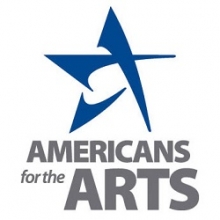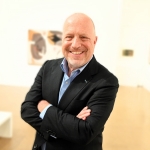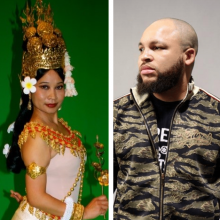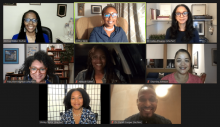In recent years, there has been greater intentional focus on equitable language and communication. That focus has led to noticeable, positive change. The arts and culture field is uniquely positioned to help reinforce and advance this movement, particularly through the literary work of playwrights, novelists, poets, journalists, dramaturgs, editors, scholars, and critics. Equitable language opens dialogue and invites more people to the conversation. The words we use and the way we approach language can be the difference between diverse storytelling and empowered representation, or failed attempts to establish equity. The ripple effect of creating and adopting equitable language is limitless. That’s why language banks and similar tools are so crucial to navigating conversations, communications, and storytelling, and why these tools are essential to how we move forward together. Inside Americans for the Arts, we began dissecting and crafting how we could leverage our reach and resources in support of the work happening in communities across the county. We know that every organization, every individual, is on their own journey with equity and while we can’t bring everyone to the same level in one swoop, we could build tools to assist the work.
Read More





















